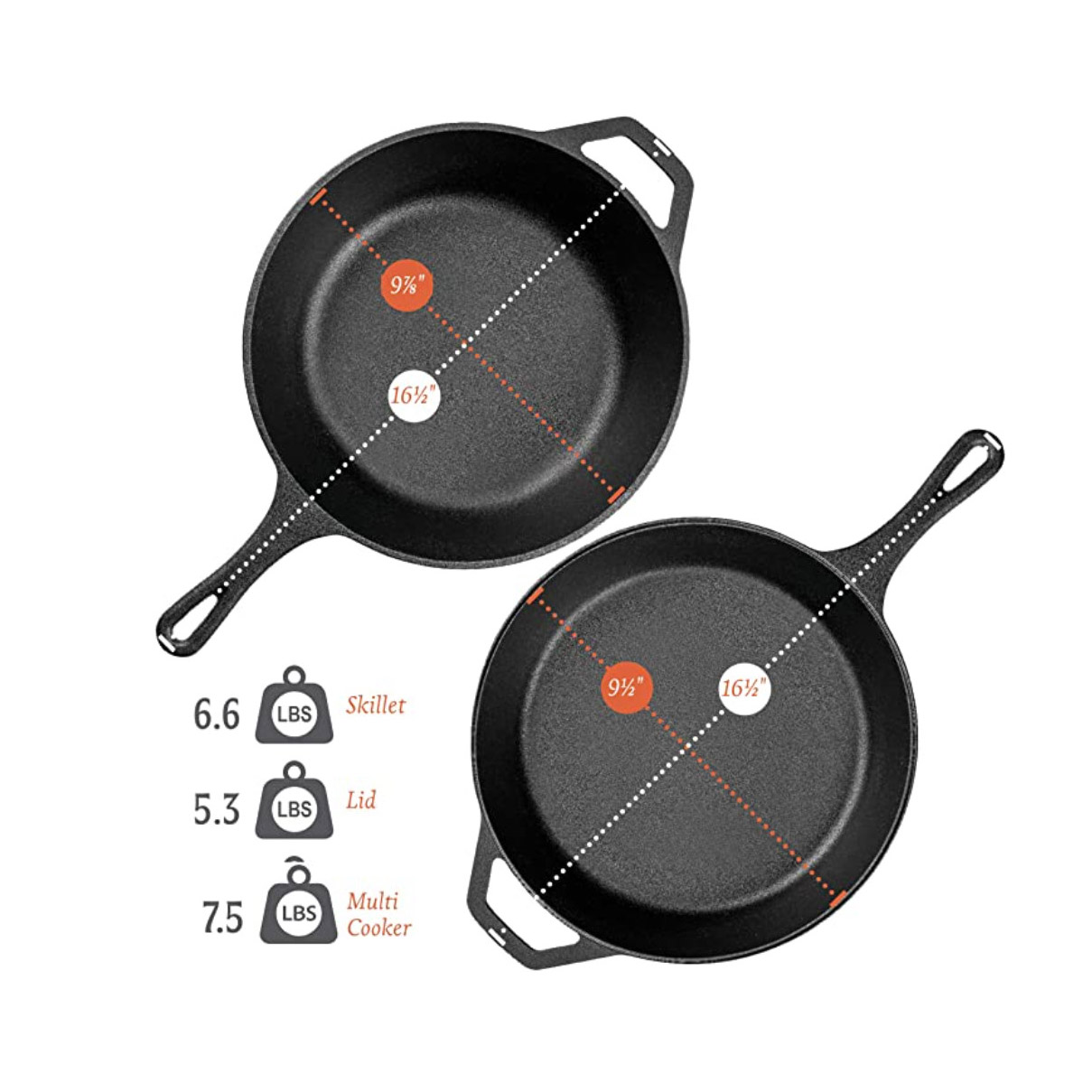- 150m Southwards, West DingWei Road, Nanlou Village, Changan Town, GaoCheng Area, Shijiazhuang, HeBei, China
- monica@foundryasia.com
ян. . 30, 2024 14:35 Back to list
How to Clean a Wok Before Use
Only just treated yourself to a new Circulon Wok? Before you get going with fresh, stir-fried vegetables and decadent sauces, it's worth giving your new wok pan a good clean.
- Start by rinsing the wok with warm water, and then make a mild soapy solution
- Using a cloth, sponge, or soft-bristled brush, wash the wok gently with a circular motion before rinsing it with clean water
- Wipe the wok and then leave it to dry before getting stuck into your first recipe
How to Clean a Seasoned Wok
Whether they're carbon steel, cast iron, or aluminium, most woks should be seasoned before being used in the kitchen.
Traditionally, this process involves treating the pan using oil at a high heat to form a natural non-stick cooking surface – called a patina – that prevents your pan from rusting. You can learn more about the process in our guide to seasoning a wok.
Just like other types of metal, aluminium should be seasoned and properly treated to preserve its functionality and appearance. So, whether you've chosen the Infinite 36cm Wok or any other quality wok made using hard-adonized aluminium, it's still a good idea to season it before cooking.
You might have heard that a seasoned wok doesn't need to be cleaned, but that's not the case. To care for your seasoned wok over time, you should:
- Wait until your wok is cool enough to handle, and then carefully move it to the sink
- Add warm water to lightly scrub your wok clean – only use dish soap for heavier, saucy dishes
- Rinse your wok clean with water
- Gently pat the wok clean with a towel, and once cool, wipe it down with paper towel and a drop of vegetable oil
How to Clean a Wok after Cooking
Knowing how to clean a wok after use is a vital step towards ensuring the pan's longevity. Regular care might feel time-consuming, but the effort you put into maintaining and caring for your wok will be reflected in the quality of the meals you cook.
One hard and fast rule is that you should clean a wok as soon as possible after you've removed the food from it. However, you'll only need to use dish soap if you've cooked a heavier meal that's left a stubborn, oily residue around the inside of your wok – like authentic Pad Thai, for example.
Cleaning a wok is straightforward – the more mess you leave inside the pan, the more thoroughly you'll need to clean it.
Pre-Seasoned Cast Iron Dutch Oven And Skillet Set
How to Clean a Carbon Steel Wok with Burnt-on Food
Sometimes, it's easy to forget about a pan you don't cook with often. If you've found an old carbon steel wok at the bottom of the drawer, don't worry – it's not too late to salvage it.
You can still create wonderful meals with burnt wok pans if you give them careful attention first. To clean a burnt wok that you'd forgotten about, you should:
- Scrub it thoroughly with dish soap and a scouring sponge, making sure to cover the entire surface area of the pan
- Dry the wok with paper towel and heat it over the hob, then let it cool
- Repeat this process once more, and leave the pan to dry again
- Now, re-season your wok with oil – then you're ready to go!
If you discover rusty spots on your wok, it's likely that you didn't use enough oil to wipe it down or didn't remove all the moisture. Occasionally, damaged woks will need to be replaced by a newer, non-stick wok for your kitchen.
How to Clean a Non-Stick Wok
Even though all non-stick wok pans for sale online with Circulon are dishwasher-safe, we'd always recommend washing them by hand.
Dishwasher cycles can reach high temperatures and high water pressures too, and over time, this becomes abrasive on delicate, non-stick coatings. To keep your non-stick wok at its best, you'll just need warm water, mild soap, and elbow grease.
-
Premium Cast Iron Coated Skillet – Durable Enamel Finish, Superior Heat Retention, Easy Cleaning
NewsJun.10,2025
-
Premium Enamel on Cast Iron Dutch Oven – Durable, Non-Stick & Versatile Cookware for Every Kitchen
NewsJun.10,2025
-
Best Very Large Cast Iron Skillet - Durable & Versatile
NewsJun.10,2025
-
10 Inch Cast Iron Griddle - Durable & Even Heat Cooking
NewsJun.10,2025
-
Premium 24 Inch Cast Iron Wok Durable & Even Heat Distribution
NewsJun.10,2025
-
Top 26cm Cast Iron Skillet Even Heat & Durability
NewsJun.09,2025
